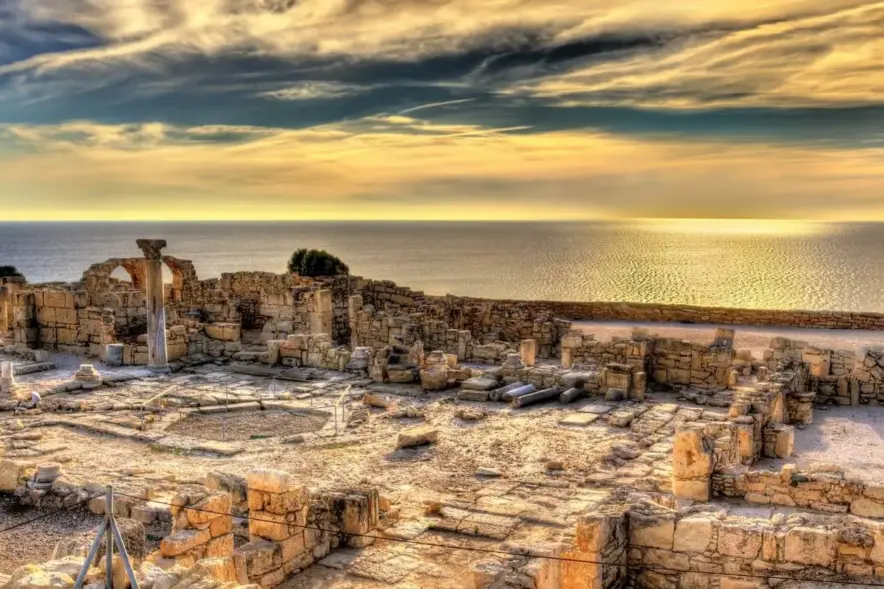Right from the beginning the church was flawed, as Jesus always knew she would be, and she has been...
Category: The Church
Showed 10 to 18 posts out of 21 total under "Category: The Church" category.
(Not a reader? Take a listen instead ⇓) I recently wrote an article which I called ‘Beneath The Skin‘;...
I really love talking about church. Not, as in, my church or your church. Not, as in, what flavour of...
(Not a reader? Take a listen instead ⇓) I want to talk about something that’s been on my mind...
(Not a reader? Take a listen instead ⇓) The appearance of Jesus on the Jewish scene was a dramatic...
(Not a reader? Take a listen instead ⇓) Christianity in the first century was a spiritual explosion, fueled...
(Not a reader? Take a listen instead ⇓) There’s a troubling trend arising in our postmodern age, an era...
(Not a reader? Take a listen instead ⇓) What’s beneath the skin of our collective Christian identity? Has Christianity...











